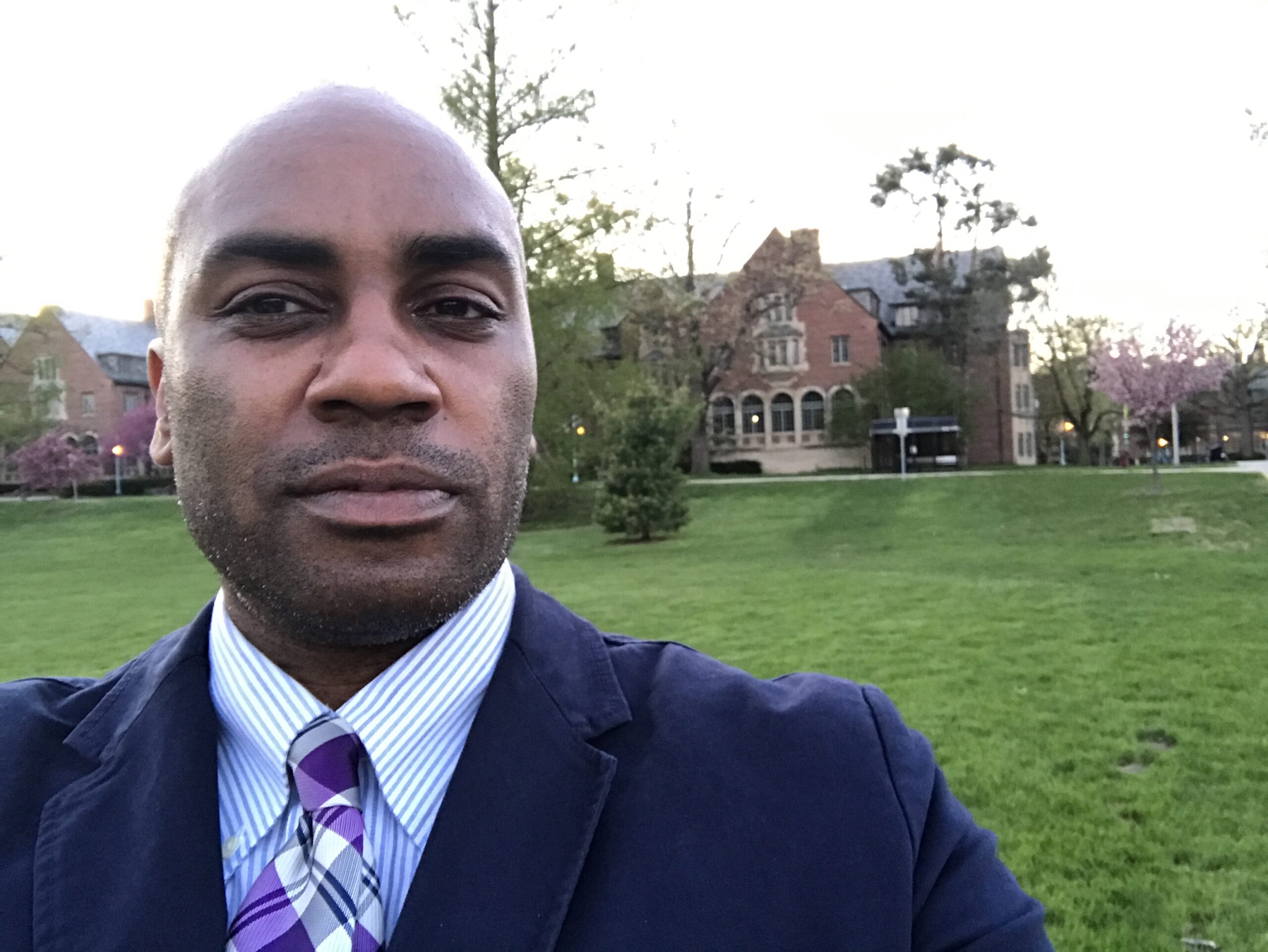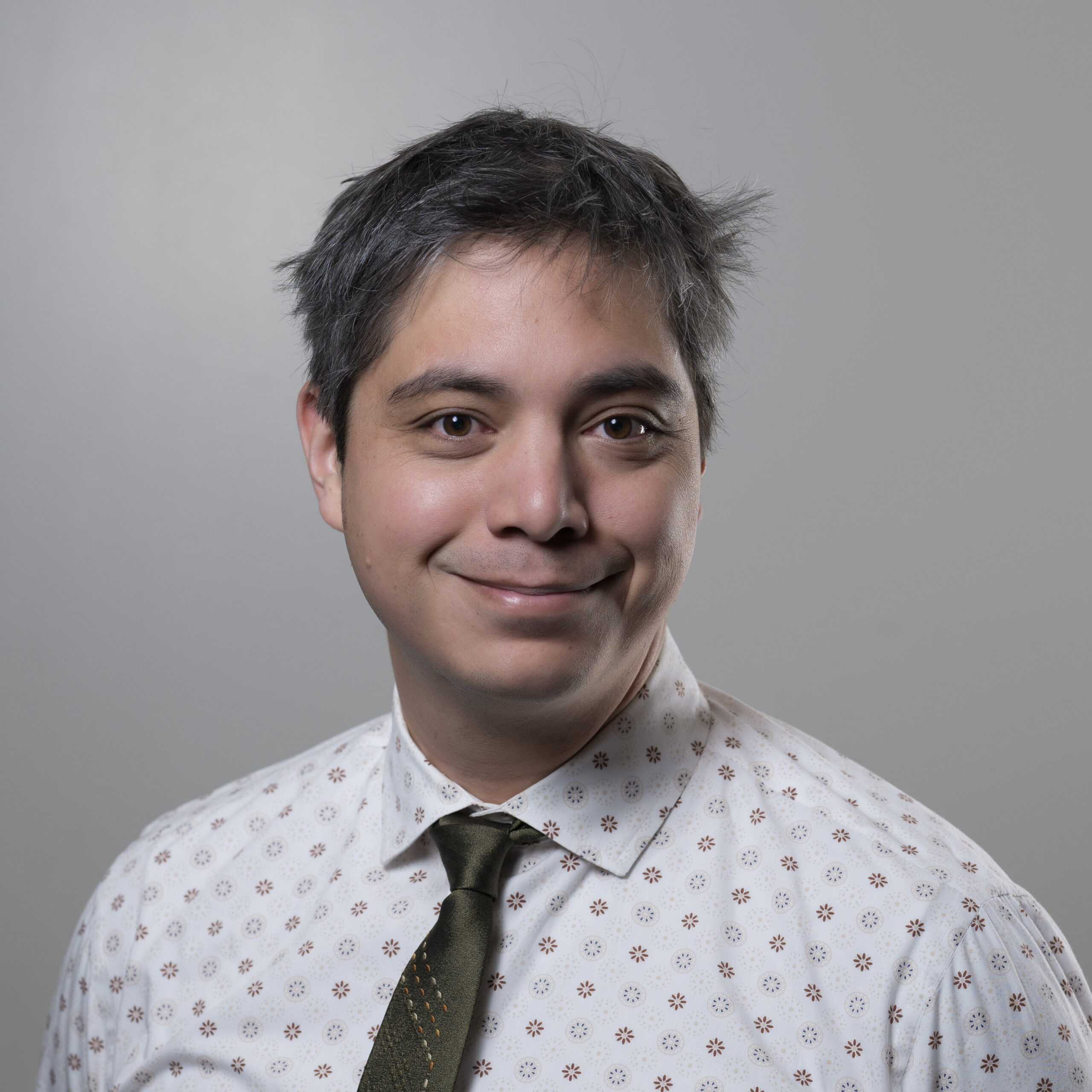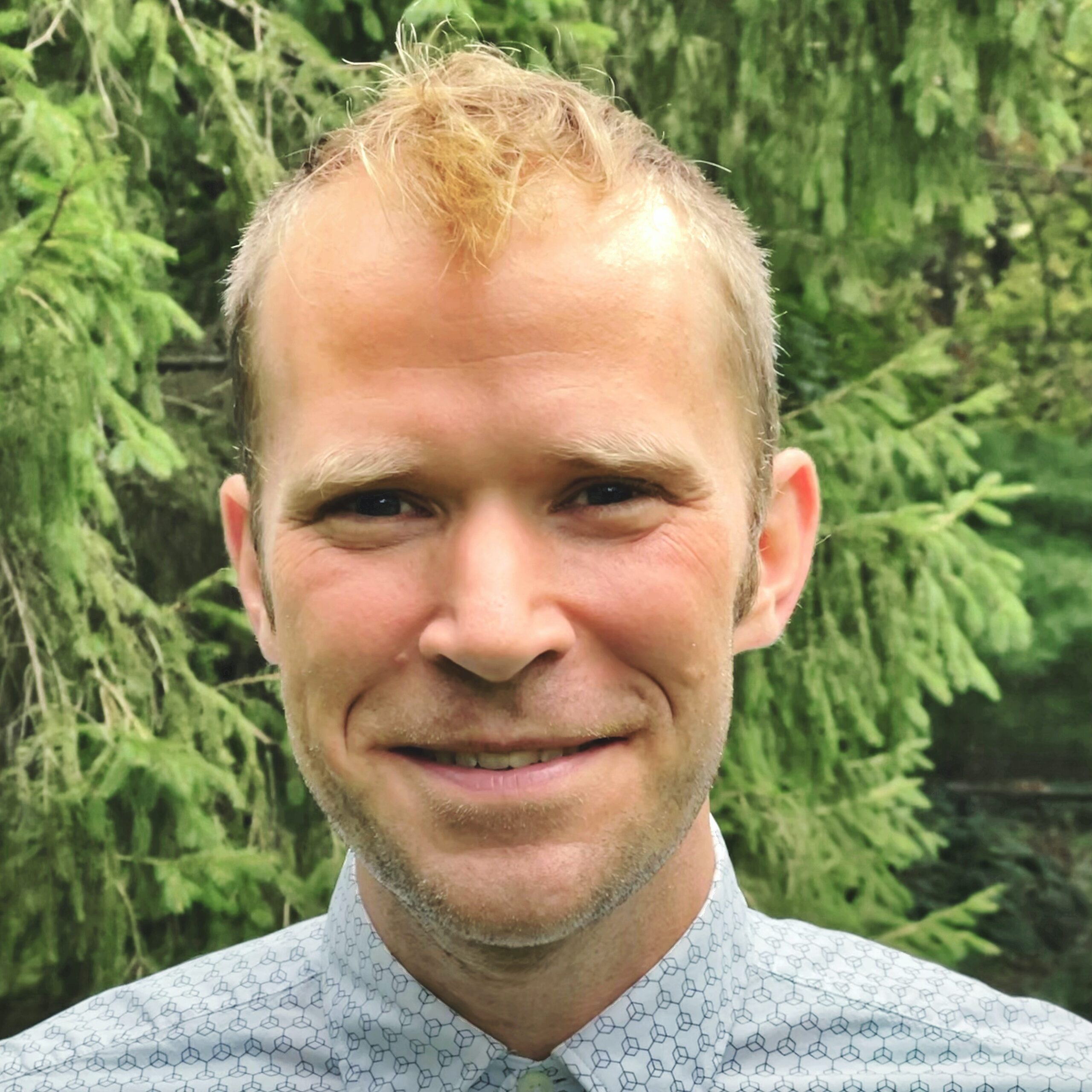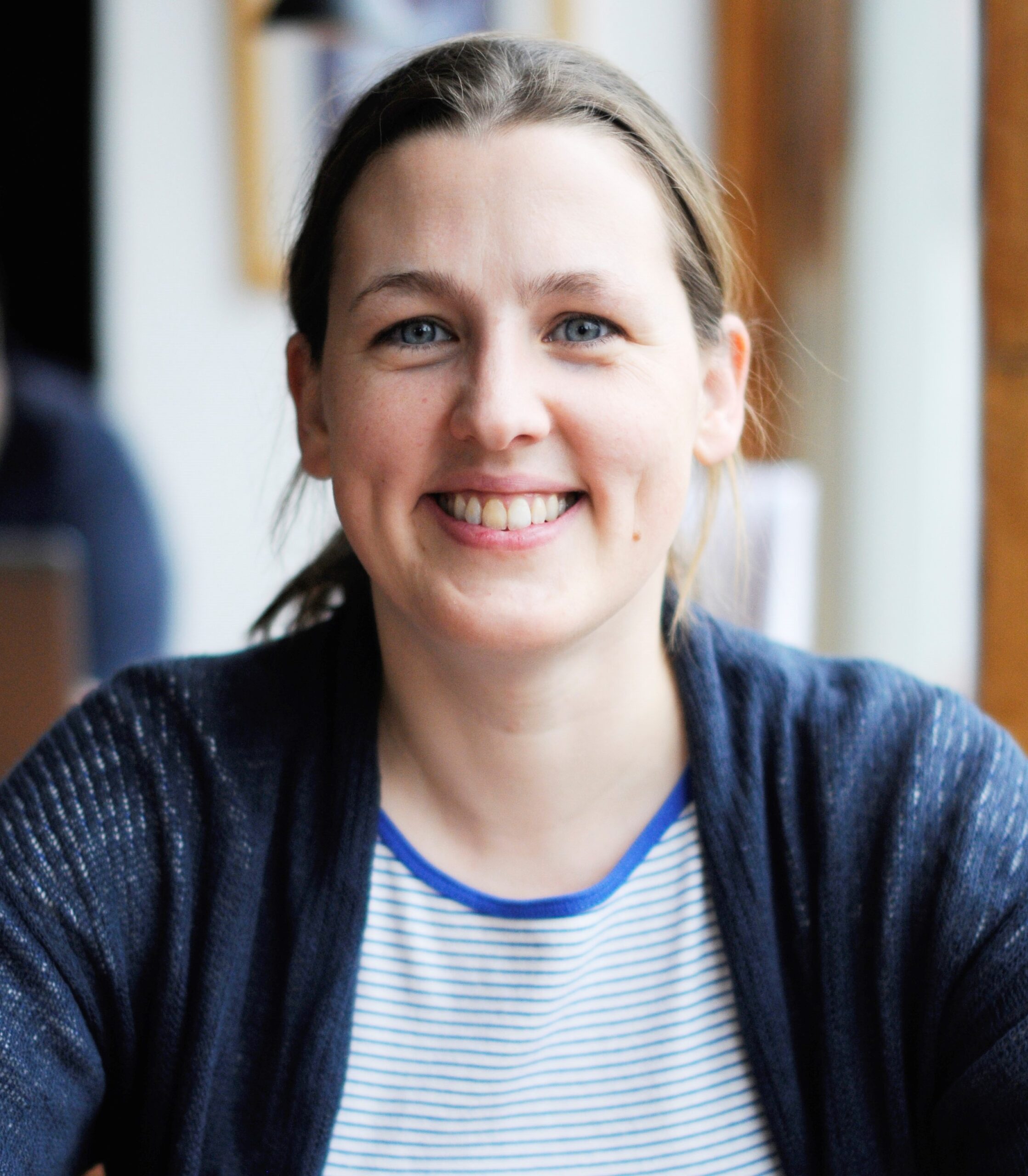NCTE and the United Way of New York City: Read & Write + Code Fellowship Webinar Series
The National Council of Teachers of English (NCTE) has been integral in United Way of New York City’s Read & Write + Code (RWC) Fellowship, which is dedicated to increasing educational equity through literacy innovation. RWC Fellows expand access to computer science for students who have historically been denied access by using computer science concepts and methods to deepen and expand the teaching of English.
NCTE is proud to partner with United Way of New York City to bring members of the NCTE and broader ELA communities a four-part webinar series. These webinars will feature industry-leading academics who help middle and high school English teachers reimagine what equity, literacy, and technology mean in their classrooms. As artificial intelligence and other computer science-related fields revolutionize the world around us, taking the time to reimagine the future is paramount.
PAST EVENTS IN THE SERIES
Kick-Off Webinar: What’s Code Got to Do with It?
Explore the integrations of multiple languages, technology, and coding in language arts.
Featuring: Ernest Morrell, the Coyle Professor in Literacy Education and director of the Center for Literacy Education at the University of Notre Dame, and an NCTE Past President who leads the NCTE James R. Squire Office of Policy Research in English Language Arts.
Insightful and evocative, this webinar will be a journey where we experience the connections between language, technology, and coding. With Morrell as our navigator, we’ll learn how language and the humanities have always been and always should be part of technological advancements.
March 14, 4:00–5:30 p.m. ET

Ernest Morrell is the Coyle Professor in Literacy Education and Director of the Center for Literacy Education at the University of Notre Dame. He is an elected member of the National Academy of Education, an elected fellow of the American Educational Research Association and past president of the National Council of Teachers of English. Ernest has been annually ranked among the top 200 university-based education scholars in the RHSU Edu-Scholar Public Influence Rankings published by EdWeek since its inception in 2015. He has authored more than 100 articles and book chapters and fifteen books. His scholarly interests include literacy studies, Critical English Education, youth popular culture, and education across the African Diaspora.

A Powerful Partnership: Technology and Language Instruction
Explore how technology can effectively support ELA instruction in middle and secondary settings.
April 18, 4:00 p.m. ET
Registration is open to the public.

Antero Garcia is an Associate Professor in the Graduate School of Education at Stanford University and Vice President of the National Council of Teachers of English. His research explores the possibilities of speculative imagination and healing in educational research. Prior to completing his PhD, Garcia was an English teacher at a public high school in South Central Los Angeles. He has authored or edited more than a dozen books about the possibilities of literacies, play, and civics in transforming schooling in America. His recent books include All Around the Town: The School Bus as Educational Technology and Civics for the World to Come: Committing to Democracy in Every Classroom. Antero currently coedits La Cuenta (lacuenta.substack.com), an online publication centering the voices and perspectives of individuals labeled undocumented in the US. Antero received his PhD in the Urban Schooling division of the Graduate School of Education and Information Studies at the University of California, Los Angeles.

Chris Proctor studies K–12 Computer Science education through the disciplinary lenses of Learning Sciences and New Literacies. He is interested in the ways computational interfaces (educational technologies as well as social media) can support youth in critical identity authorship. Much of Chris’s work is participatory design-based research, working with middle- and high-school students to design new technologies and then using mixed methods to study the emergent practices they support. Chris is the lead developer and researcher of Unfold Studio, a web application for reading and writing interactive stories which weave together text and code.

Once upon a Prime: The Connections between Mathematics and Literature
We tend to think of mathematics and literature almost as intellectual opposites. But, in fact, the connections between them are profound. In this lecture, Sarah Hart will show attendees the hidden mathematical structures behind everything from poetry to novels and reveal some of the beautiful mathematical imagery and symbolism in fiction, from simple fairy tales to classics like Moby Dick. Hart’s goal is to show that not only are mathematics and literature inextricably linked, but that understanding these links can enhance our enjoyment of both.
May 2, 4:00 p.m. ET
Registration is open to the public.

Sarah Hart is a mathematician and author. She is the Professor of Geometry at Gresham College, London—the oldest mathematics professorship in the UK, dating back to 1597—and she is the first woman ever to hold this chair. Sarah is particularly interested in the cultural, historical, and creative impact of mathematics and the links between mathematics and the arts. Her first book, Once upon a Prime, discusses the connections between mathematics and literature and was published in April 2023.

Digging In to Digital Humanities
In this webinar, Dr. Matt Jockers will provide a short history of humanities computing with an emphasis on applications of technology to the literature classroom. He’ll discuss the three primary phases in the evolution of what is now commonly referred to as “digital humanities” and talk through some of the key debates that happened along the way, including a look at today’s pressing topic of generative AI. He’ll discuss several insights from his work in Macroanalysis: Digital Methods and Literary History and The Bestseller Code: Anatomy of the Blockbuster Novel with an emphasis on how teachers can bring technology into the literature classroom either by directly teaching students to code or by utilizing “off the shelf” text analysis applications. There will be a live programming demonstration to show how even a few lines of code can lead to new and interesting ways of understanding the books we love. Ultimately, Jockers hopes to convince you that technology is not a nefarious tool for taking the “human” out of the humanities but is instead a doorway to discovery that will inspire your students—regardless of whether they are, as Scott Hartley has put it, “techies” or “fuzzies.”
(See Hartley, Scott. The Fuzzy and the Techie: Why the Liberal Arts Will Rule the Digital World. Houghton Mifflin Harcourt, 2017)
May 16, 4:00 p.m. ET
Registration is open to the public.

Matthew Jockers is a distinguished research scientist and senior engineering manager at Apple, where he leads teams that help customers discover great books, movies, and podcasts. Previously, Jockers served as dean of the College of Arts and Sciences and professor of literature and data analytics at Washington State University. In industry and in academia, Jockers is committed to excellence and innovation that are dependent upon strong culture, shared mission, and diversity of ideas.
Jockers was a key contributor to a second wave of computationally driven literary criticism that his colleague Franco Moretti termed “distant reading.” Together they cofounded the Stanford Literary Lab and were called the “Lewis and Clark of the literary frontier” by the Chronicle of Higher Education. Jockers is the (co)author of numerous research articles and several books, including The Bestseller Code: Anatomy of the Blockbuster Novel (2016). In 2019 Jockers cofounded Authors A.I., a text mining company that leverages artificial intelligence and data analytics to help writers develop and market successful novels. More info: https://orcid.org/0000-0001-5599-3706; https://www.matthewjockers.net

